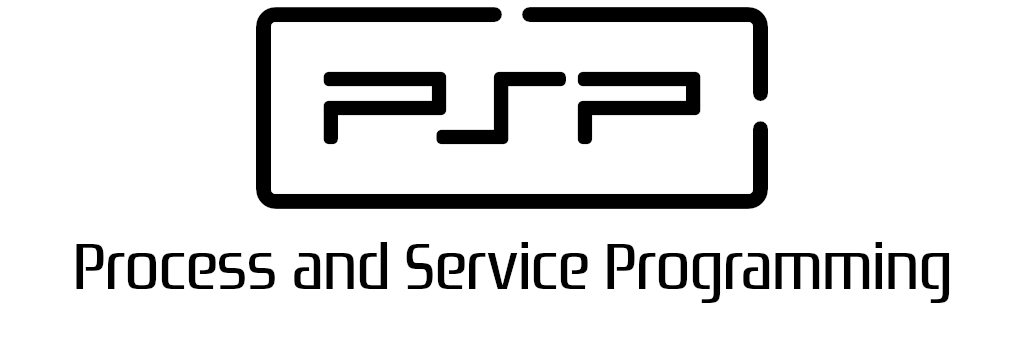6.2 Hash functions
6.2.1. Hash functions
A message digest, better known as hash functions, is a digital mark of a block of data. There are a large number of algorithms designed to process these summaries, the two best known are SHA-1 and MD5.
From a digest we can highlight the following characteristics:
- For the same algorithm, the digest always has the same size, regardless of the size of the data used to generate it.
- It is impossible to recover the original information from a digest.
- The digest should not reveal anything about the data used to generate it.
- It is computationally unfeasible to find two messages that have the same digest value. Mathematically it is highly unlikely, but not impossible.
- A small change in the summarized data generates a completely different digest.
Digests are used to generate unique and reliable identifiers. Sometimes they are called checksum, since they are used to check if a download has been done correctly, generating its summary and comparing it with the one generated by the original file.
A hash is not used to encrypt
It is important to note that, because it is impossible to obtain the data that generated a digest from the digest itself, the digest cannot be used to encrypt information.
On the other side, it is a mechanism that is used to compare. Its most widespread use is with passwords, since in the databases a summary is saved instead of the password in clear. In this way, when a password is received, its digest is generated and compared with the stored value.
6.2.2. MessageDigest
The MessageDigest class allows applications to implement cryptographically secure summary algorithms such as SHA-256 or SHA-512
To generate a hash with JCA, proceed as follows:
- An object of the MesageDigest class is created with the static method getInstance() of the same class, specifying the name of the algorithm. Optionally, the name of the provider can be specified.
- Data is added with the update() method. A byte or byte array can be added. This method can be invoked several times to add new data.
- The hash value is obtained with the digest() method.
- If you wanted to calculate a new hash, the reset() method would be invoked to start the process again.
Next we can see an example
public class U6S2_MessageDigest {
public static void main(String[] args) {
String plaintext = "Esto es un texto plano.";
try {
// Obtenemos un ENGINE que implementa el algoritmo especificado
// Se puede indicar cualquier algoritmo disponible en el sistema
// SHA-224, SHA-512, SHA-256, SHA3-224, ...
MessageDigest m = MessageDigest.getInstance("SHA-256");
// Opcional - Reinicia el objeto para un nuevo uso
// Por si queremos poner este código en un bucle y procesar más
// de un mensaje
m.reset();
// Realiza el resumen de los datos pasados por parámetro
// Si queremos procesar la información poco a poco,
// debemos ir llamando al método update para cada bloque de datos
m.update(plaintext.getBytes());
// Completa el cálculo del valor del hash y devuelve el resumen
byte[] digest = m.digest();
// Mensaje de resumen
System.out.println("Resumen (raw data): " + new String(digest));
// Mensaje en formato hexadecimal
System.out.println("Resumen (hex data): " + toHexadecimal(digest));
// Información del proceso
System.out.println("=> Algoritmo: " + m.getAlgorithm() + ", Provider: " + m.getProvider().getName() + " " + m.getProvider().getVersionStr());
} catch (NoSuchAlgorithmException e) {
System.err.println("No se ha encontrado la implementación del algoritmo MD5 en ningún Provider");
}
}
static String toHexadecimal(byte[] hash) {
String hex = "";
for (int i = 0; i < hash.length; i++) {
String h = Integer.toHexString(hash[i] & 0xFF);
if (h.length() == 1) {
hex += "0";
}
hex += h;
}
return hex.toUpperCase();
}
}
and this would be the output provided
Resumen (raw data): �Y�"�3��`b����bs?;������~E
Resumen (hex data): FB59D31122913314111B92CD60628ED7E7DE62733F3B10DEDAF303AAABE57E45
=> Algoritmo: SHA-256, Provider: SUN 11
6.2.3. MessageDigest with GnuPG
With the GnuPG suite we can generate summaries of files using the algorithms provided by the suite.
Algorithms available for GnuPG
To see the list of available algorithms we have to show the help of the command
gpg --help
and at the top we see the information of the algorithms available for each type of service. Specifically, of summaries, in my installed version:
Summary: SHA1, RIPEMD160, SHA256, SHA384, SHA512, SHA224
To generate a summary of a file, we run the command as follows
gpg --print-md SHA256 filename.ext



